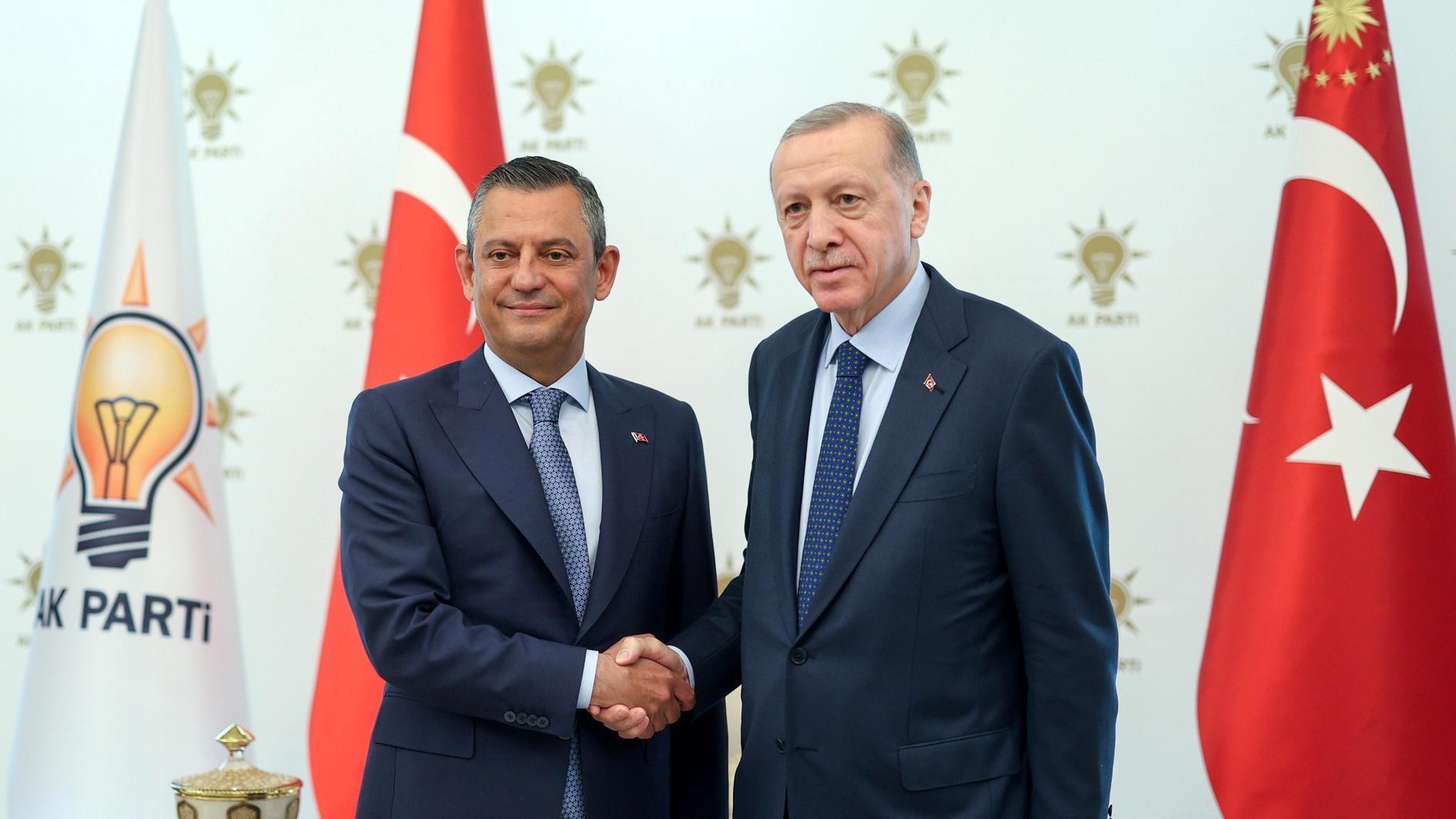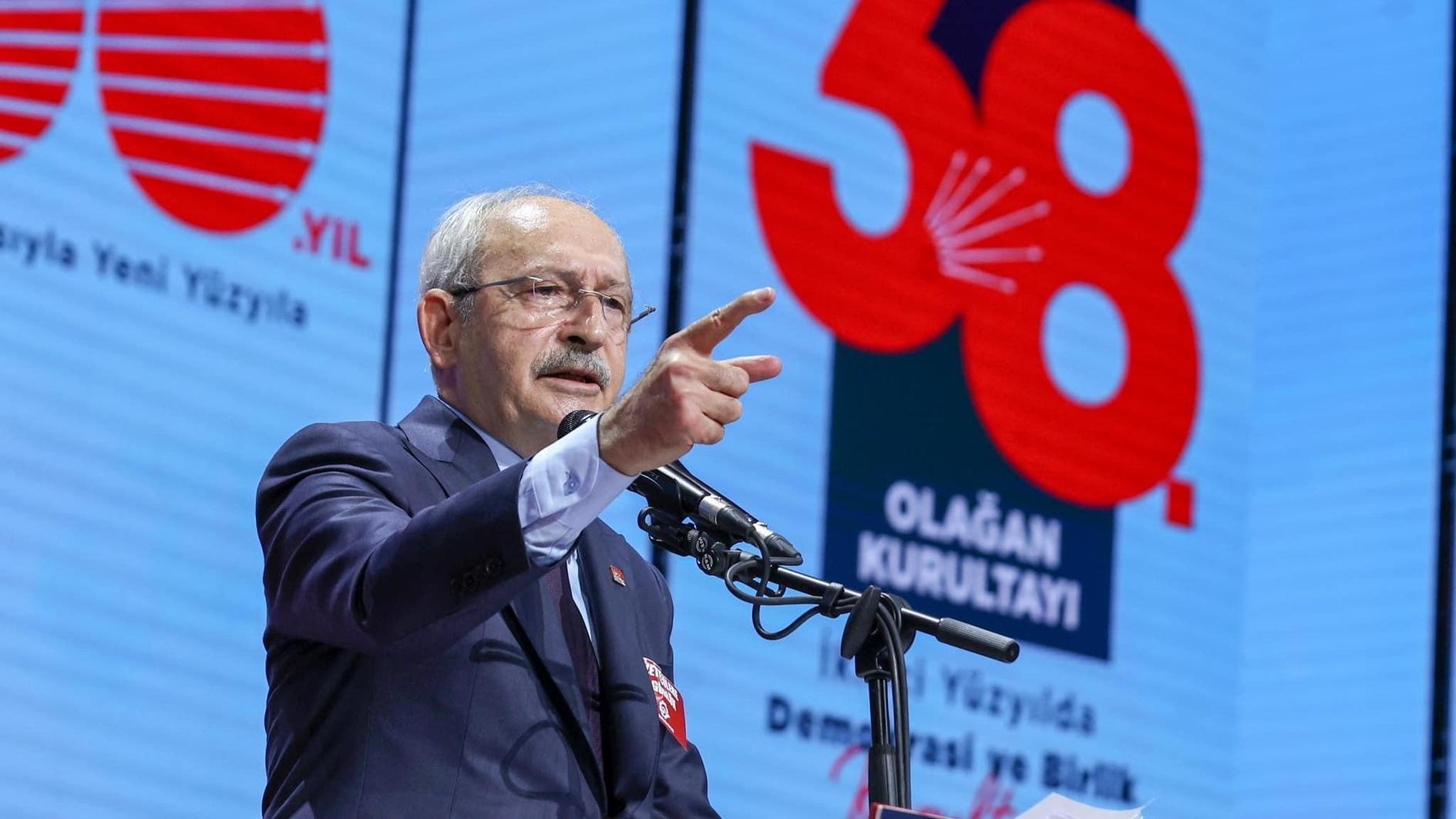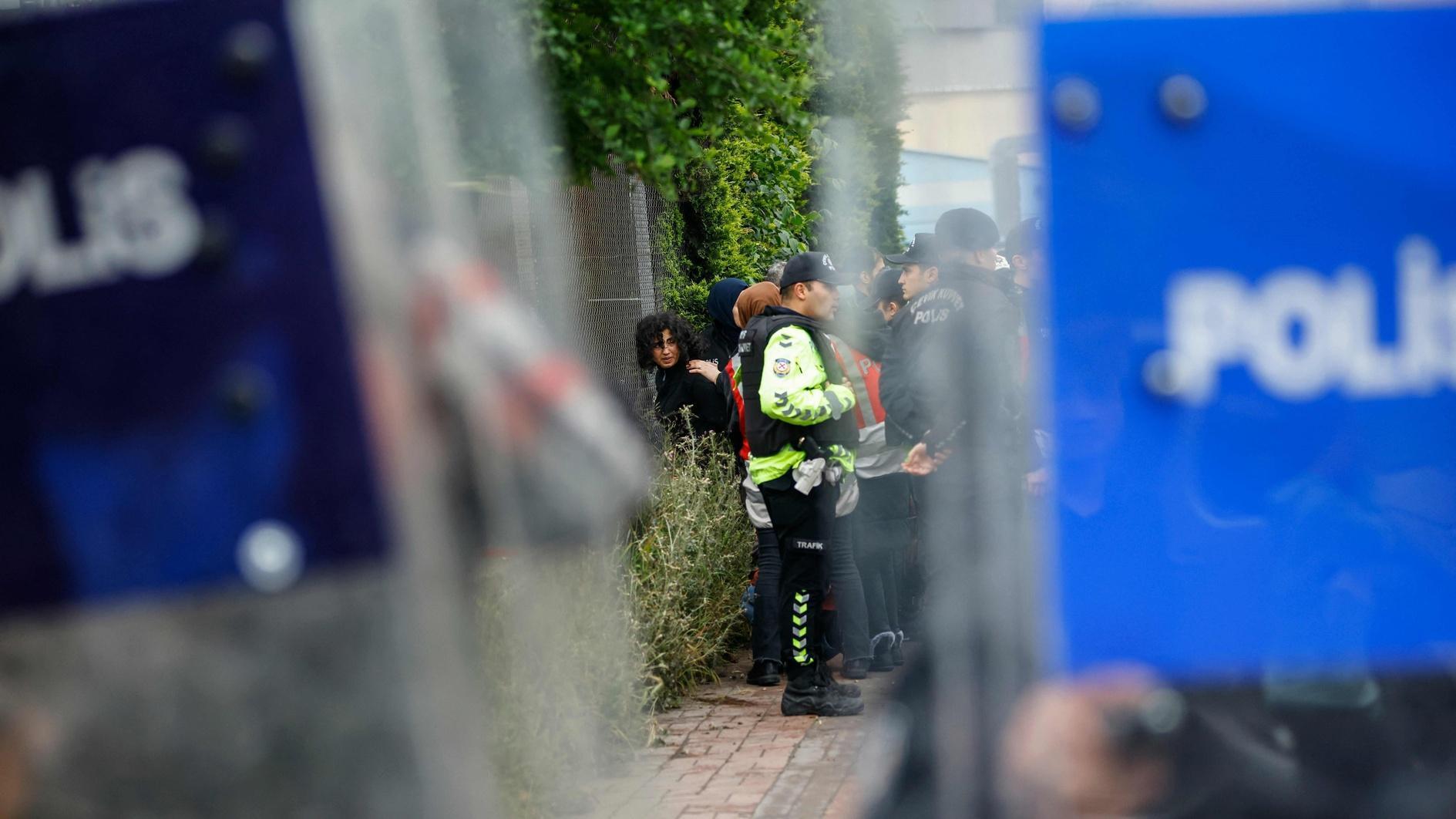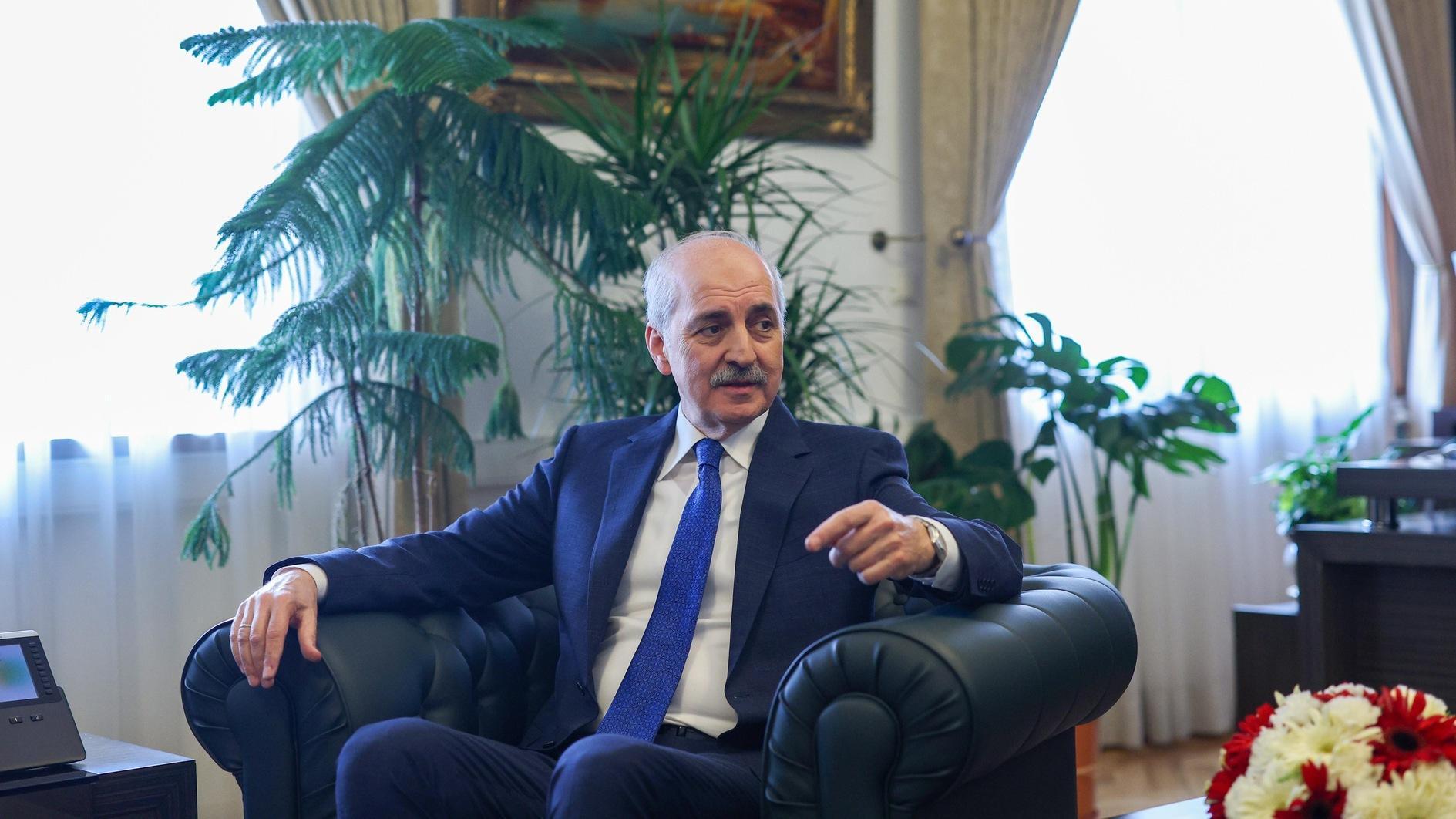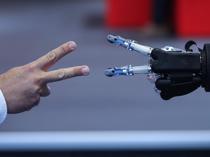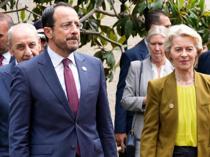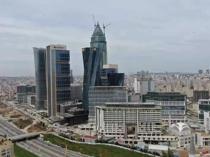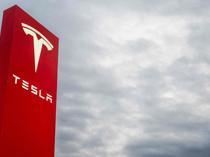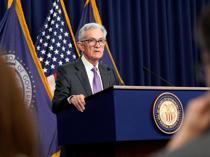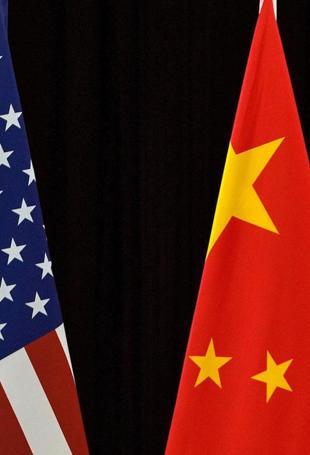Spat on eurozone firewall overshadows G-20 summit
MEXICO CITY
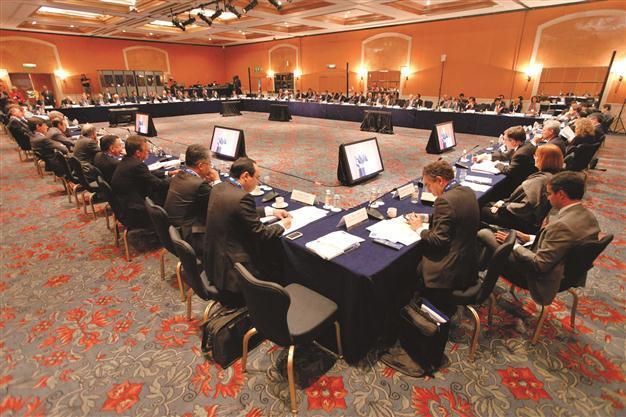
Finance ministers and central bank governors of the G-20 countries meet during a G-20 session in Mexico City. REUTERS photo
Germany clashed with some of its key Group of 20 (G-20) partners in Mexico over raising the eurozone’s firewall at the start of a meeting of finance ministers and central bankers dominated by the debt crisis.With markets calmer due to the latest massive bailout for Greece, divisions intensified over how to handle the crisis and its fallout. Countries including the United States, Canada and Japan increased pressure on the eurozone to boost its firewall to avoid contagion.
They suggest the 17-nation bloc combine its temporary European Financial Stability Facility with the permanent European Stability Mechanism, to come into force in July, to provide a war chest of around 750 billion euros ($1 trillion).
“We still have to build the mother of all firewalls,” said Angel Gurria, Secretary General of the Organisation for Economic Cooperation and Development, on the sidelines of the meetings on Feb. 25.
“Every day, the cost of the uncertainty and the cost of indecision is enormous,” Agence France-Presse quoted him as saying. “You can’t accuse Europe of being too fast.”
U.S. Treasury Secretary Timothy Geithner for his part called for a “strong and credible firewall.”
“If they do that then the world will not just be in a position where there will be less risk to growth globally but there will be more oxygen to deal with long-term questions.”
Germany determined
But European powerhouse Germany said such proposals made “no economic sense.”
German Finance Minister Wolfgang Schaeuble insisted that the eurozone had already “done its homework.”
“Let me be clear: it doesn’t make any economic sense to follow the calls... for endlessly pumping money into the rescue funds nor setting up the ECB (European Central Bank) printing press,” Schaeuble said.
“This would create disincentives for countries to carry on consolidating and reform and would not improve the eurozone’s economic outlook,” he added.
Germany and other European nations are piling the heat on non-European members of the G-20 such as the U.S., China and Japan, to gain support for an additional $500 billion of resources for the IMF.
Oil producers cautious
Meanwhile, oil-producing members of the G-20 said on Feb. 25 that they would take measures to avoid a rise in petroleum prices from hurting the world economy, an Italian government official said.
Emering economies challenge us tradition at world bank
MEXICO CITY – Reuters
The world’s major emerging economies rejected the tradition that an American is automatically selected to head the World Bank and they will instead put forward their own candidate for the job.
Finance chiefs from the BRICS group of emerging market powerhouses - Brazil, Russia, India, China and South Africa - met on the sidelines of a G-20 meeting in Mexico City and agreed the top World Bank job should be open to all countries. “Candidates should be based on merit and not nationality,” Brazilian Finance Minister Guido Mantega told reporters. Another BRICS official said the group will discuss the possibility of putting up their own candidate to challenge whoever the U.S. nominates. Countries have until March 23 to submit names for the post.


